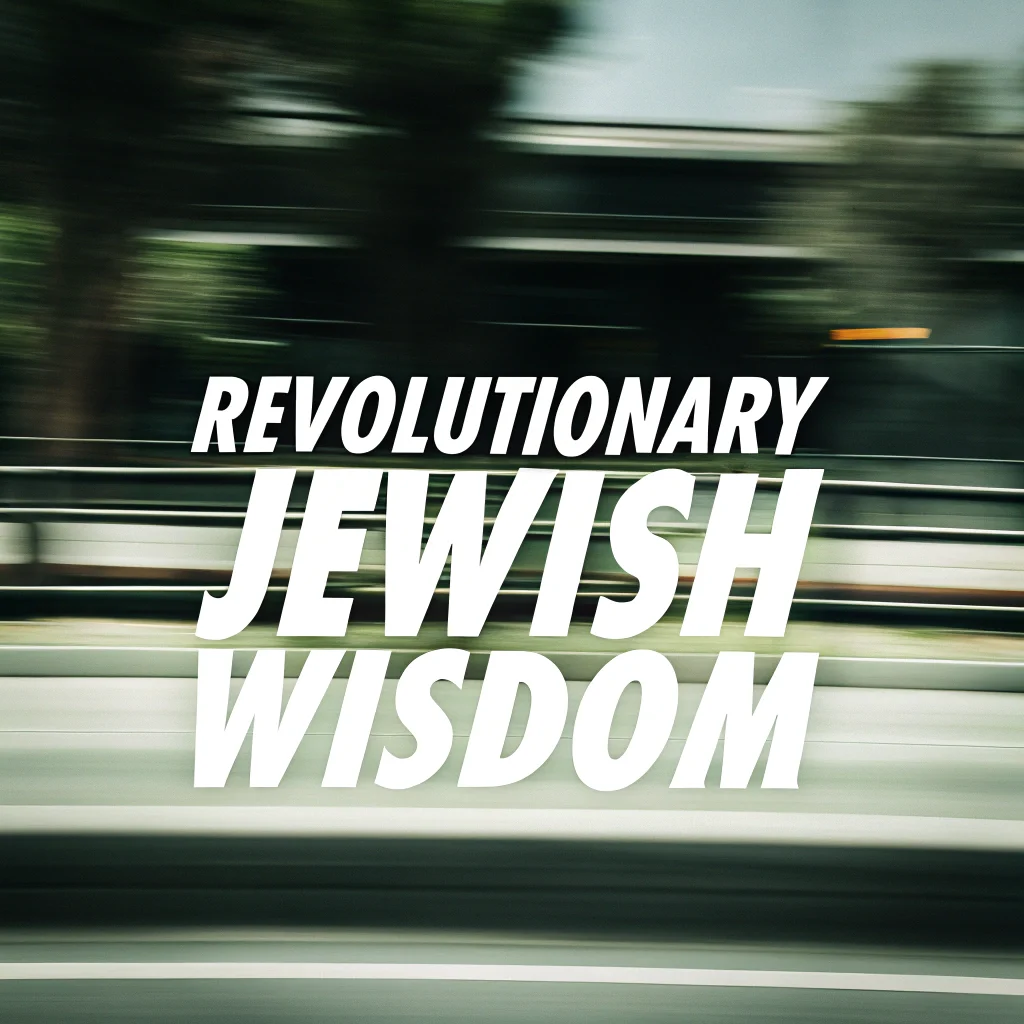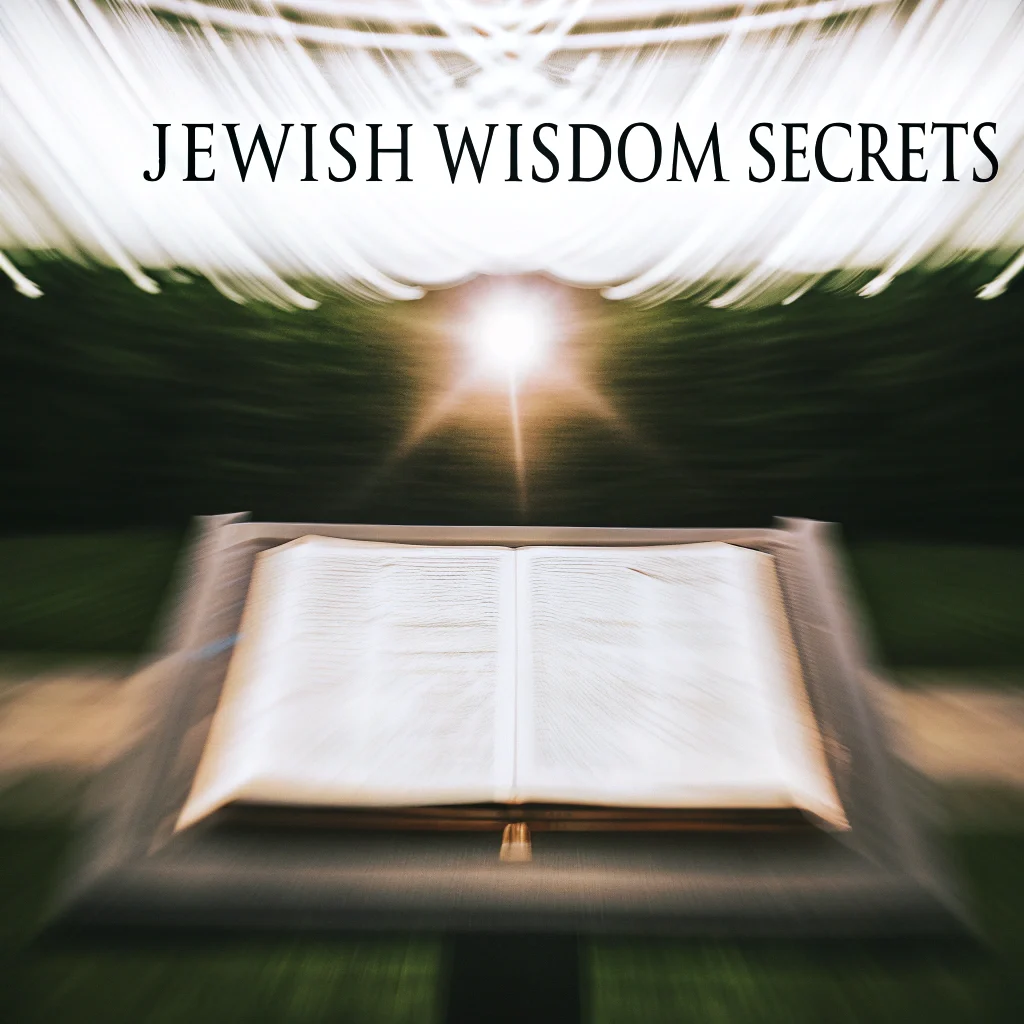The concept of “hidden love” is one of the most profound mysteries of Jewish spirituality. Imagine a candle flame. It stretches upward, trying to break free from the wick to unite with its source. Though such a union would end its separate existence, it still reaches toward its root. Just like this flame, the human soul yearns to break free from the body and unite with its Creator.
The Soul as a Candle Flame: A Simple Metaphor
When we watch a candle flame, we see something amazing – fire always reaches upward. This isn’t a choice; it’s its nature. The Jewish soul works the same way. It naturally pulls toward its Source.
This hidden love runs so deep that it defies self-preservation. If the flame joined its source in higher realms, it would no longer exist on its own. The same goes for the soul. By uniting with God, it would lose its separate identity. Yet this is exactly what it longs for with unstoppable force.
Hidden Love: Present Even in Sinners
Every Jewish soul contains “hidden love” (in Hebrew “ahavah mesuteret”). This isn’t just a feeling. It’s a core quality of the soul itself – its basic desire to be one with its Source.
Even in someone who ignores religious duties and doesn’t follow Torah, this hidden love exists. It’s just “asleep.” It lies beneath layers of daily worries, worldly concerns, and physical desires.
Why can’t we feel this hidden love all the time? Because it lives on a level above normal awareness. It’s rooted in Chochmah (Wisdom) – the deepest part of our soul where Divine light dwells.
The Awakening Moment: Choosing Between Life and Faith
Here’s something striking: Jews who don’t follow traditions in daily life often choose death over denying their faith when forced to convert.
This isn’t a logical choice based on careful thinking. It’s the waking up of sleeping hidden love. In these crucial moments, the Chochmah in the soul “wakes up” and shows its power. The person suddenly feels that rejecting their faith would cut them off from their Source of life. This feels worse than physical death.
Something amazing happens then. The klipot (forces that hide Divine light), which once pushed the person toward sins, suddenly lose their power. They melt away before the mighty Divine light that shines in that moment of testing.
Fear Within Love: The Root of Faithfulness
This hidden love contains a special kind of fear. It’s not fear of punishment but deep fear of being torn from one’s Source. This fear is so strong that it makes a Jew refuse even outward actions against their faith.
A person would rather die than bow to an idol or say words of denial. This remains true even if they still believe in God in their heart. The very act of separation from the Source becomes unbearable.
Practical Lesson: Living True to Our Core
The concept of hidden love has real-life value. If every Jew is ready to die for faith in extreme cases, then they should also keep commandments and avoid sins in everyday life.
If idolatry is rejected even under death threats, then any sin that distances one from the Source of life should also be avoided. Likewise, following commandments connects us with God – the soul’s true desire.
A Story of Hidden Love
The story of a boy named Faivish shows this concept clearly. This Jewish child grew up in a Polish landowner’s home. He knew nothing of his origins and had no Jewish education. When told he was Jewish and they tried to baptize him, the boy firmly refused: “I was named Faivish—and Faivish I shall remain!” Despite abuse, he stayed true to his people’s faith and gave his life for it.
This powerfully shows the hidden love in every Jewish soul, even in someone with no Jewish upbringing. As one great rabbi noted, in other nations, only the most religious people sacrifice themselves for faith. Among Jews, even those far from religion will do so.
What Hidden Love Teaches Us
Understanding hidden love gives us key insights into the human soul. It shows that deep inside each of us lies a connection to something beyond our daily “self,” beyond our thinking and usual emotions.
When faced with choosing between loyalty to our true “self” and temporary comfort or even life itself, this inner bond can emerge with surprising strength. It may guide our choice against all logical reasons.
This article is based on Chapter 19 and additional explanations to the book “Likutei Amarim—Tanya” by Rabbi Shneur Zalman of Liadi, one of the greatest Hasidic thinkers and founder of the Chabad movement.
Afterword: This text has not been approved by any sage, Torah scholar, or rabbi and is merely a simplified adaptation of the sacred text for general understanding. For comprehension of true wisdom and a deeper understanding of the original text, you should refer to the sources.



